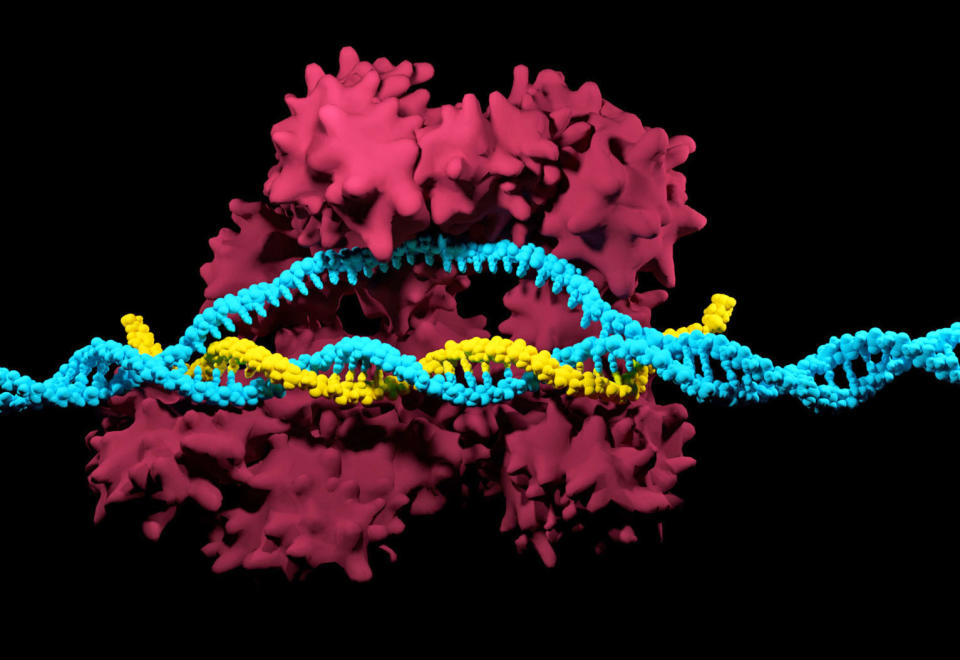First human CRISPR study in the US could begin soon
The University of Pennsylvania has listed it in a medical trials directory.
In mid-2016, A federal panel had greenlit the University of Pennsylvania to pursue the first trials using CRISPR gene-editing in the US. It seems the institution has quietly gotten the ball rolling and could theoretically start the study at any time: A posting was found on a directory of trials describing a yet-to-be-scheduled UPenn survey using CRISPR techniques to treat cancer patients.
The study will collect up to 18 patients with multiple myeloma, melanoma and/or two types of sarcoma. Penn scientists will use CRISPR to delete two particular genes in patients' T cells: The first, PD-1, can be manipulated by cancer cells to impede the immune system, while the second is an alarm-sounding receptor that will be removed and replaced with one engineered to alert the body to specific tumors.
The Penn scientists won't be injecting CRISPR directly into patients' bloodstreams; Instead, they'll use a method called ex vivo gene therapy, extracting blood and editing it with CRISPR before re-inserting it into subjects. This may bypass certain immune reactions that reject the former method. Last week, scientists published a study that found between 65 and 79 percent of human subjects produced antibodies fighting proteins made by two variants of the CRISPR Cas9 technique.
Penn scientists haven't announced a start date for their record-setting CRISPR study: "We are in the final steps of preparing for the trial, but cannot provide a specific projected start date," a Penn Medicine spokesperson told MIT Technology Review.


